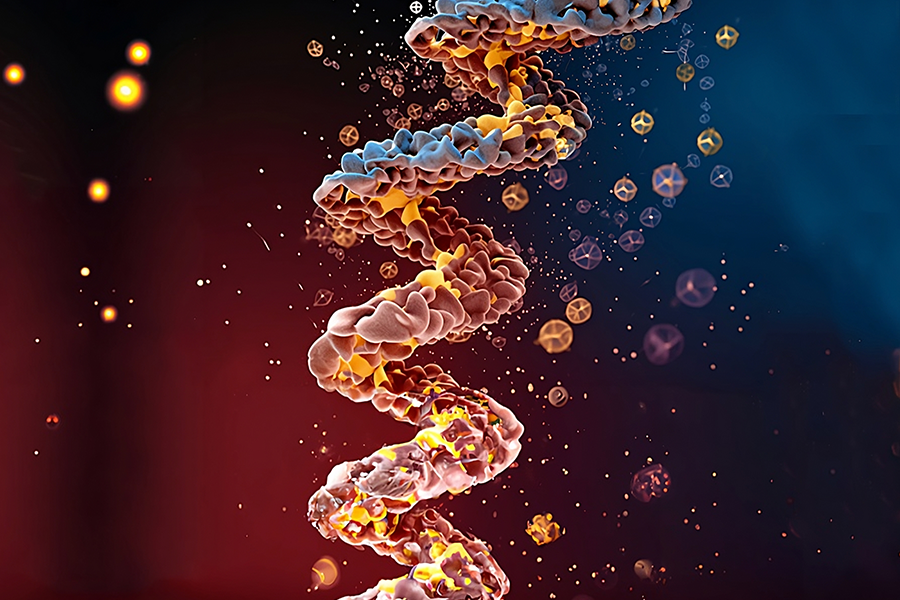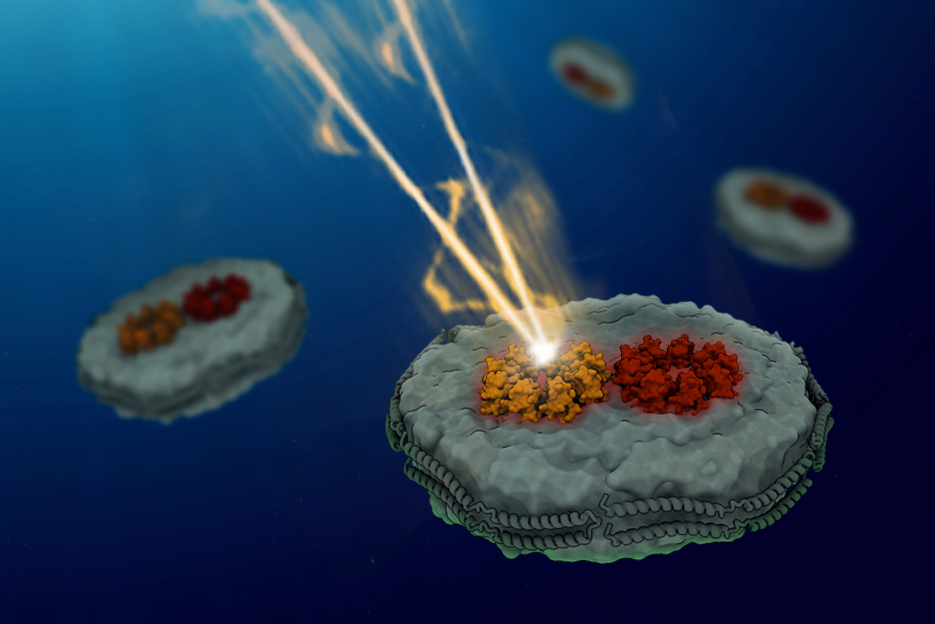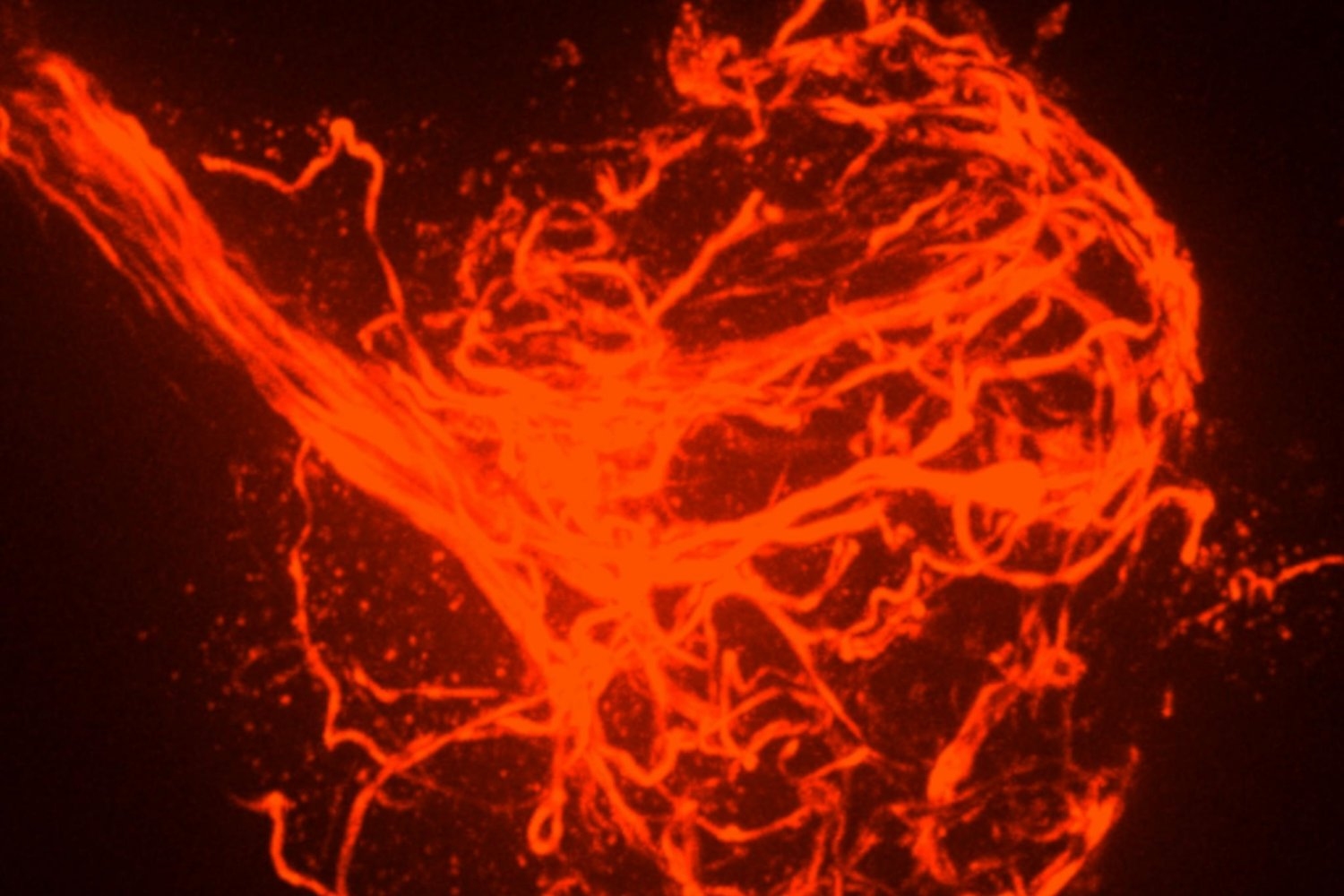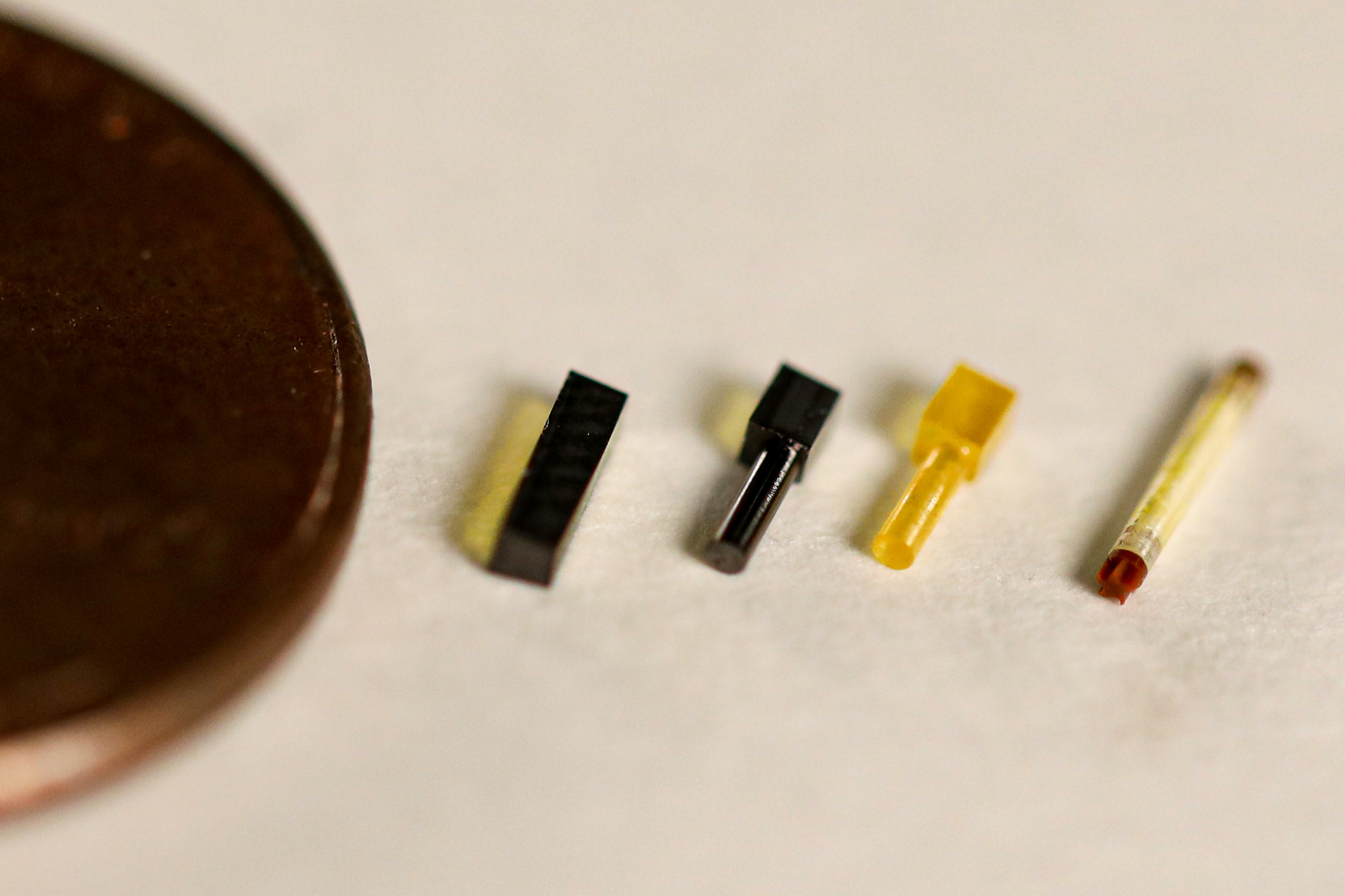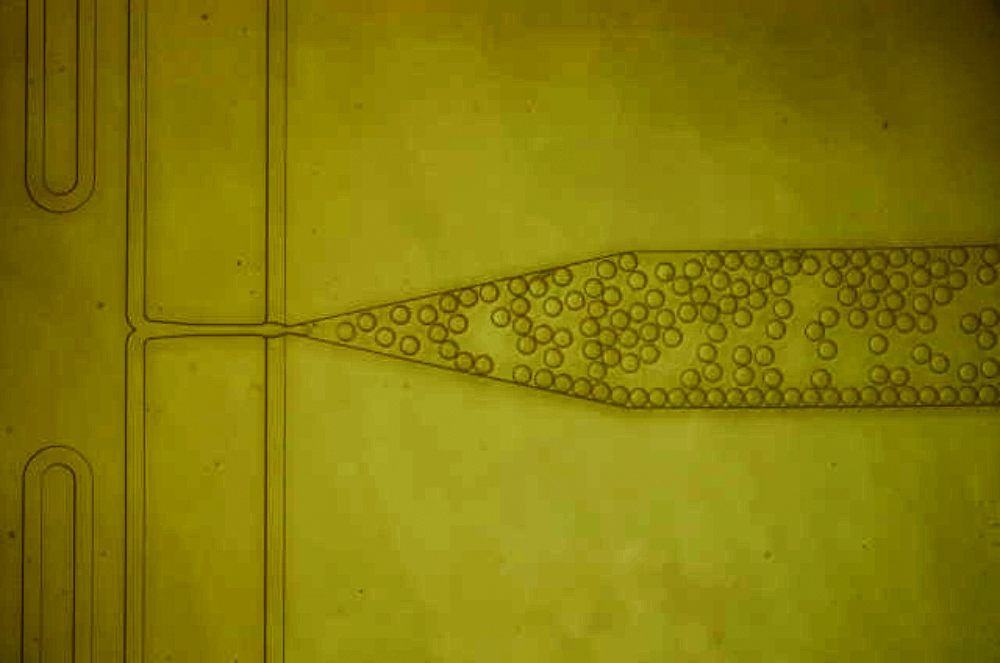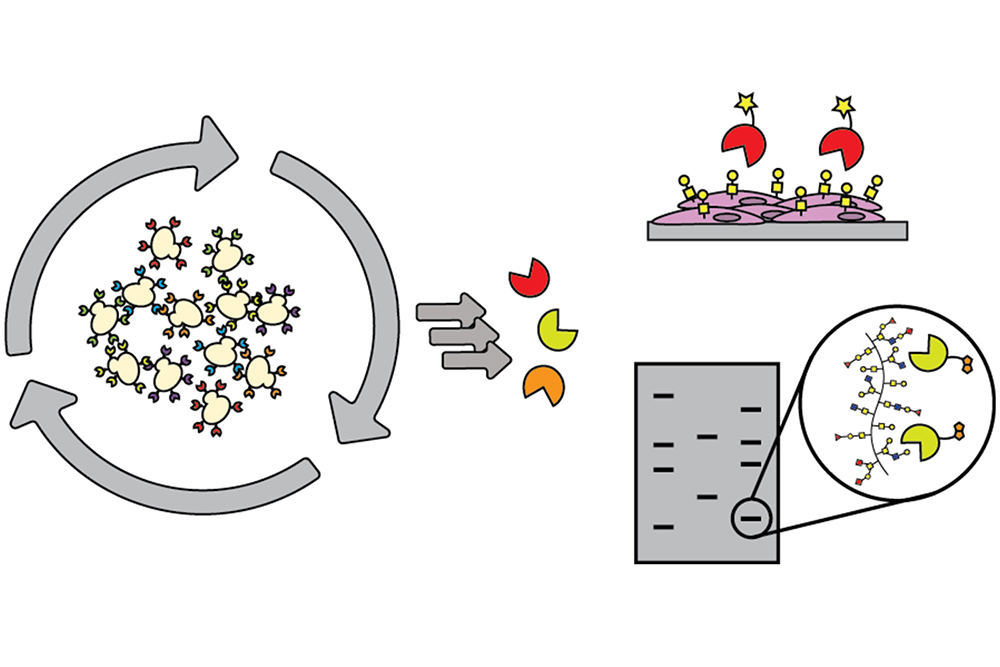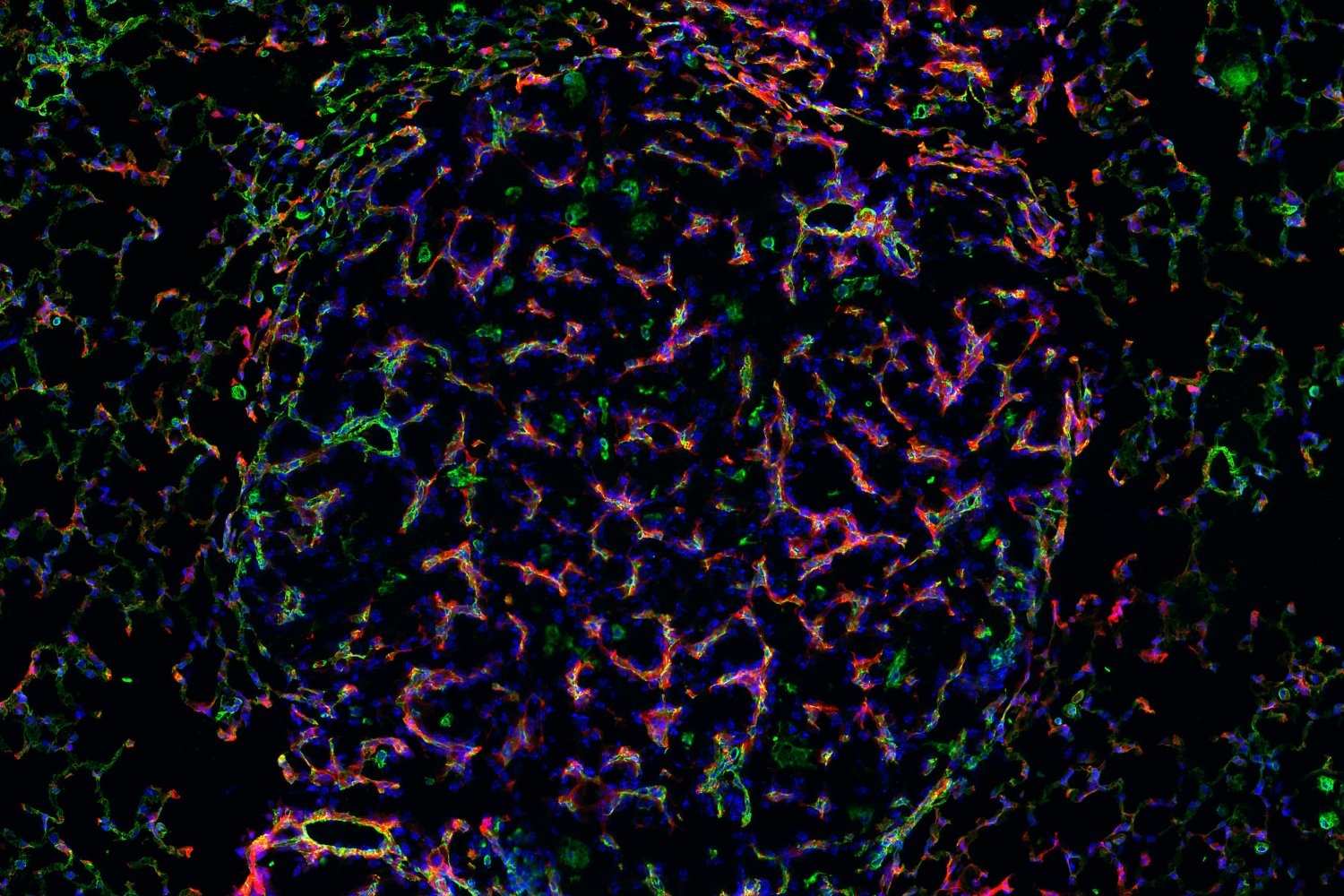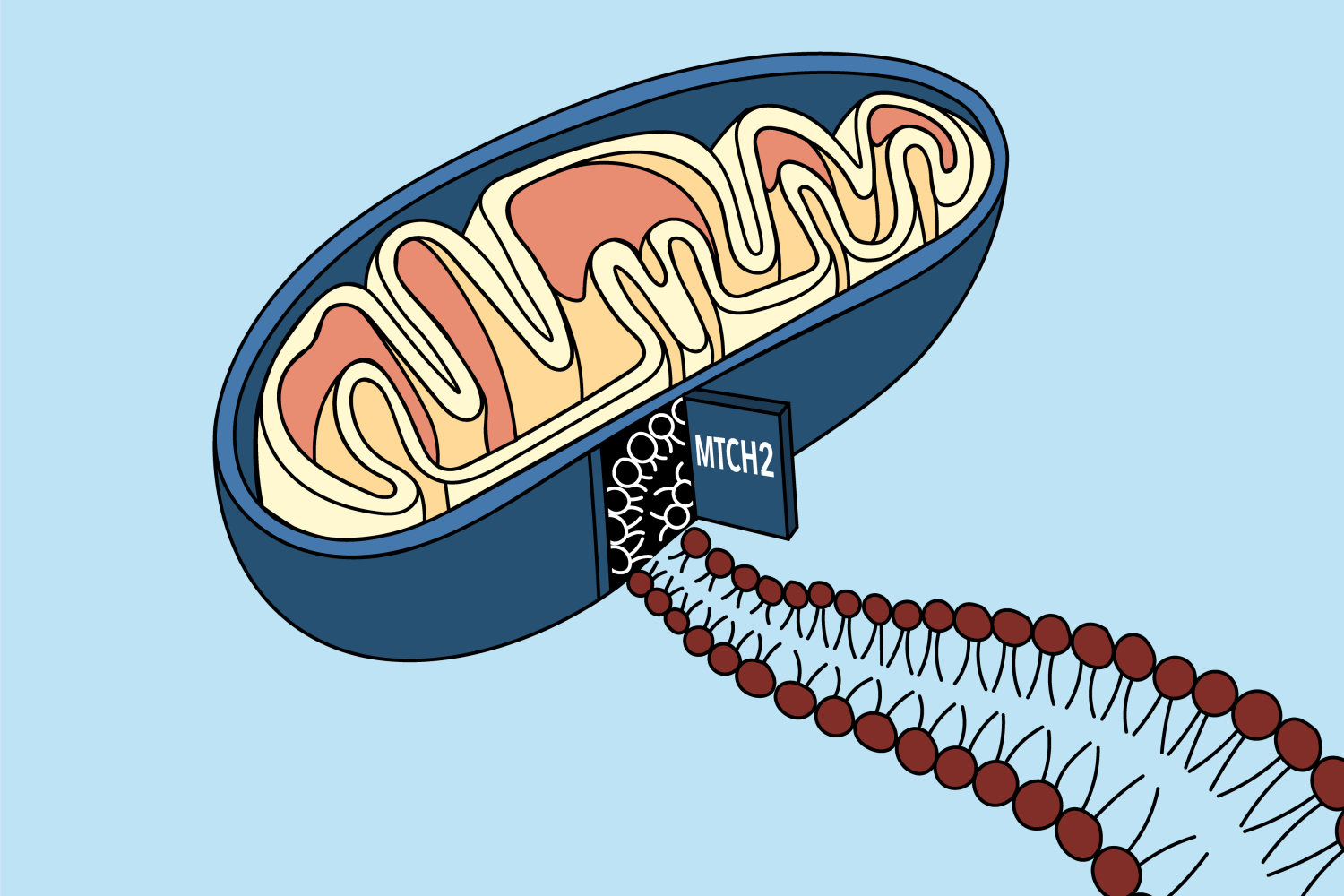Without a key extracellular protein, neuronal axons break and synaptic connections fall apart
Scientists find a protein common to flies and people is essential for supporting the structure of axons that neurons project to make circuit connections.
David Orenstein | The Picower Institute for Learning and Memory •
mit
June 23, 2023 • ~7 min
June 23, 2023 • ~7 min
A “door” into the mitochondrial membrane
Study finds the protein MTCH2 is responsible for shuttling various other proteins into the membrane of mitochondria. The finding could have implications for cancer treatments and MTCH2-linked conditions.
Eva Frederick | Whitehead Institute •
mit
Oct. 25, 2022 • ~7 min
Oct. 25, 2022 • ~7 min
/
6

